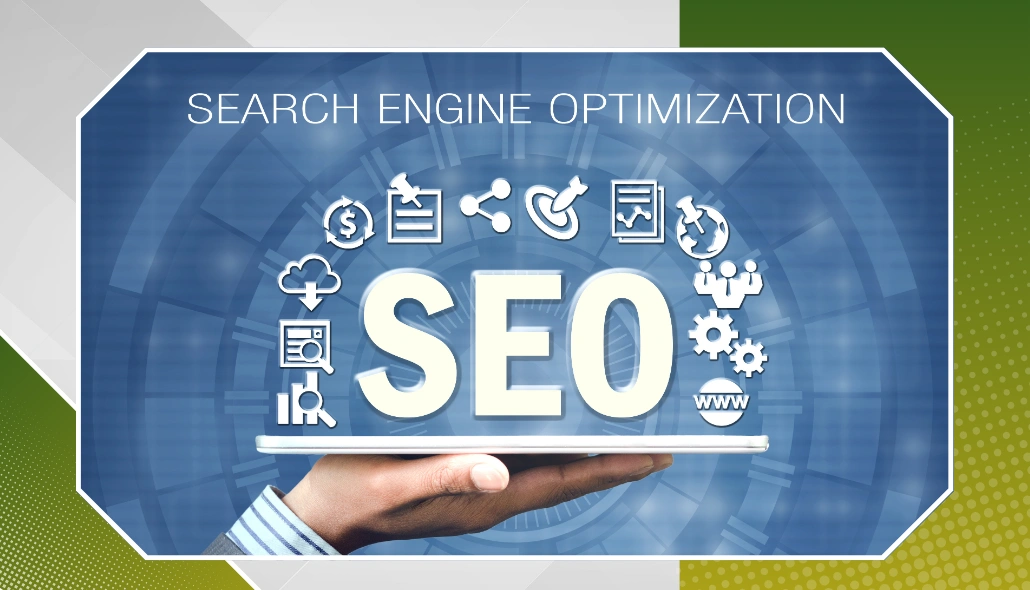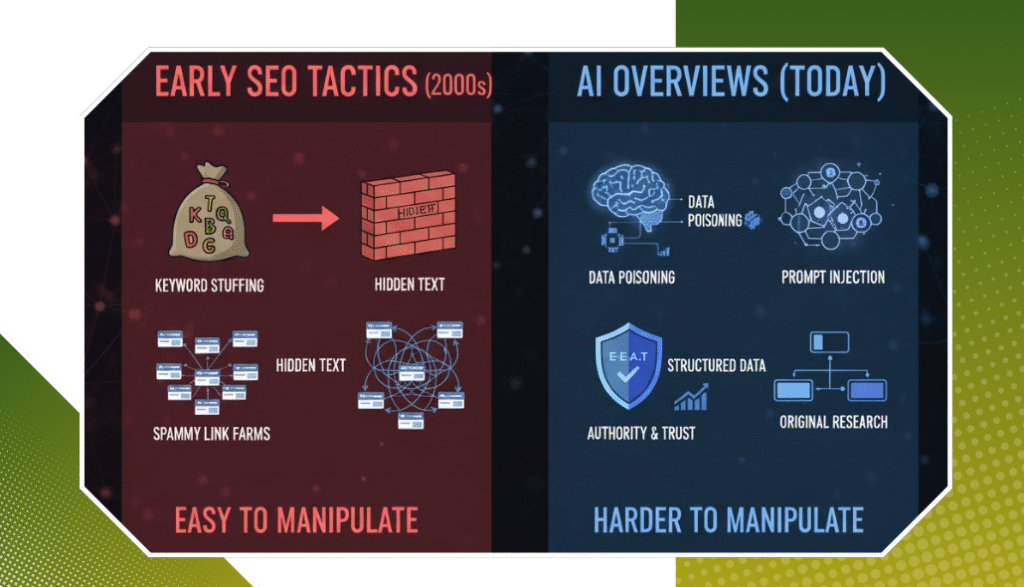This highlights just how crucial local SEO is for small businesses looking to drive real customer action. Yet, many business owners do not know how to adopt AI for local SEO. In the guide, we will explore why local SEO matters and how AI transforms local SEO for small businesses.
Why AI Local SEO Matters in 2025?
In 2025, simply having an online presence is not enough. Your business should reach the right local customers at the right time when they are ready to act on their decision. Did you know that according to Google’s 2024 report, approximately 78% of local-based mobile searches lead to offline purchases.
That means when someone searches for “digital marketing agency near me” or “best SEO services in the USA,” they are highly likely to engage or generate a lead. These users are often referred to as high-intent leads, which is crucial for business growth. This is where AI for local SEO ensures that your business stays relevant to the users.
Challenges Small Businesses Might Face in Local SEO
Let’s be honest, most small business owners don’t have hours to spend optimising their Google Business Profile (GBP), tracking local keywords, or managing reviews across platforms. These businesses solely rely on outdated SEO strategies. Here are some of the common struggles they might face while doing local SEO:
- Falling behind on weekly Google posts
- Uploading geotagged images consistently
- Fixing citation inconsistencies
- Responding to reviews with care
- Keeping up with constantly evolving SEO trends
How AI Is Transforming Local SEO Strategy?
Users are more likely to ask conversational questions to tools like ChatGPT and Google’s AI Overviews, instead of typing queries. Unlike traditional SEO, local SEO takes data from multiple sources, including your Google Business Profile (GBP), website schema, online reviews, and citations. This local SEO automation helps generate fast and highly relevant answers. Here is how AI is reshaping local SEO strategy in 2025:
Understanding Natural Language and Long-Tail Keywords
Today’s users often search using long, conversational queries, such as “Professional digital marketing services in Canada.” With the help of AI-powered tools, including SEMrush, ChatGPT, and Frase, businesses can identify these long-tail, location-specific keywords. Content with real-world search patterns can improve your website’s visibility in local search results.
Enhancing Search Engine Algorithms
Google’s algorithm updates, such as post-BERT and MUM, are now AI-driven. These models analyse content not only by keywords, but by user intent, context, and semantic structure. Therefore, businesses should now focus more on creating content that answers real user needs instead of just stuffing keywords in phrases. Local SEO automation tools will help you highlight what your audience is really searching for and how to address it naturally in your content.
Optimising Content for Context and Meaning
AI-powered tools allow businesses to create content for context and meaning. Modern writing assistants like Jasper, ChatGPT, and SurferSEO go beyond keyword stuffing; they can help you generate blog posts, service pages, landing pages, and locally relevant FAQs. These local SEO tools evaluate locally ranked content and recommend topic structure and content gaps to help you build valuable, SEO-friendly pages.
Voice Search Optimisation with AI
According to Backlinko, 30% of internet users worldwide use voice assistants. Therefore, to stay visible in local search results, your content must be structured for voice search optimisation. Automated local SEO with the help of AI-driven tools allows small businesses to tailor their content for natural language searches. These tools can help rewrite headings in Q/A style, help restructure content to be more conversational in tone, and identify long-tail voice search phrases, making your business more discoverable through Siri, Google Assistant, Alexa, and other voice platforms.
Sentiment Analysis for Online Reviews
Reviews are among the most important local ranking signals that influence how customers perceive your brand. By using AI-driven tools like BirdEye AI and Podium, businesses can use sentiment analysis on reviews to gain insights into customers’ preferences, experiences, and opinions about the brand.
How Professionals Utilise AI for Local SEO?
Small businesses often lack the resources, time, and technical expertise to manage complex local SEO tasks effectively. Here’s a step-by-step breakdown of how experts use AI-powered tools and strategies to streamline this process:
Step 1: Audit and Optimise Google Business Profile
The basis of any local SEO strategy starts with a well-optimised Google Business Profile (GBP). Professionals use AI-based tools to perform in-depth audits, assessing profile completeness, keyword gaps, and local ranking factors. These experts then also enhance your profile by adding high-quality, geo-targeted images, accurate business hours, and doing service-area targeting.
Step 2: AI-Powered Keyword Research
Keyword research is crucial when targeting specific regions. Experts utilise automated local SEO tools to extract low-competitive keywords with regional modifiers. These terms are then integrated into your content pieces, ensuring your business ranks for both generic and location-specific searches.
Step 3: Create AI-Optimised Local Content
Professionals use advanced AI content generators like Jasper and Writesonic, combined with manual efforts, to produce blog posts, listicles, and city-specific landing pages tailored to local interests.
Step 4: Voice Search Optimisation
With voice searches becoming more prevalent, local SEO experts ensure that your content matches the local interests. Therefore, they optimise your content for conversational format FAQs and ensure your content matches the user’s intent. These changes improve performance in voice assistants, crucial for on-the-go searches.
Step 5: AI Chatbots for Local Engagement
To improve on-site conversions, experts use automated local SEO chatbots to address customer queries in real-time. These bots share service details and pricing in no time, display business hours, and guide users to book appointments, all without manual intervention.
Conclusion
As user behaviour shifts toward voice search and intent-based queries, small businesses must adapt to local SEO automation to stay visible. By embracing AI-driven strategies in optimising Google Business Profiles and managing reviews and customer engagement, small businesses can boost local rankings, attract more qualified leads, and maximise conversions, turning local visibility into long-term growth and profit. If you own a small business and want to stand out in your local market, Rankingeek Marketing Agency can help you achieve that. Contact us now and let’s talk about growing your visibility, leads, and sales.




